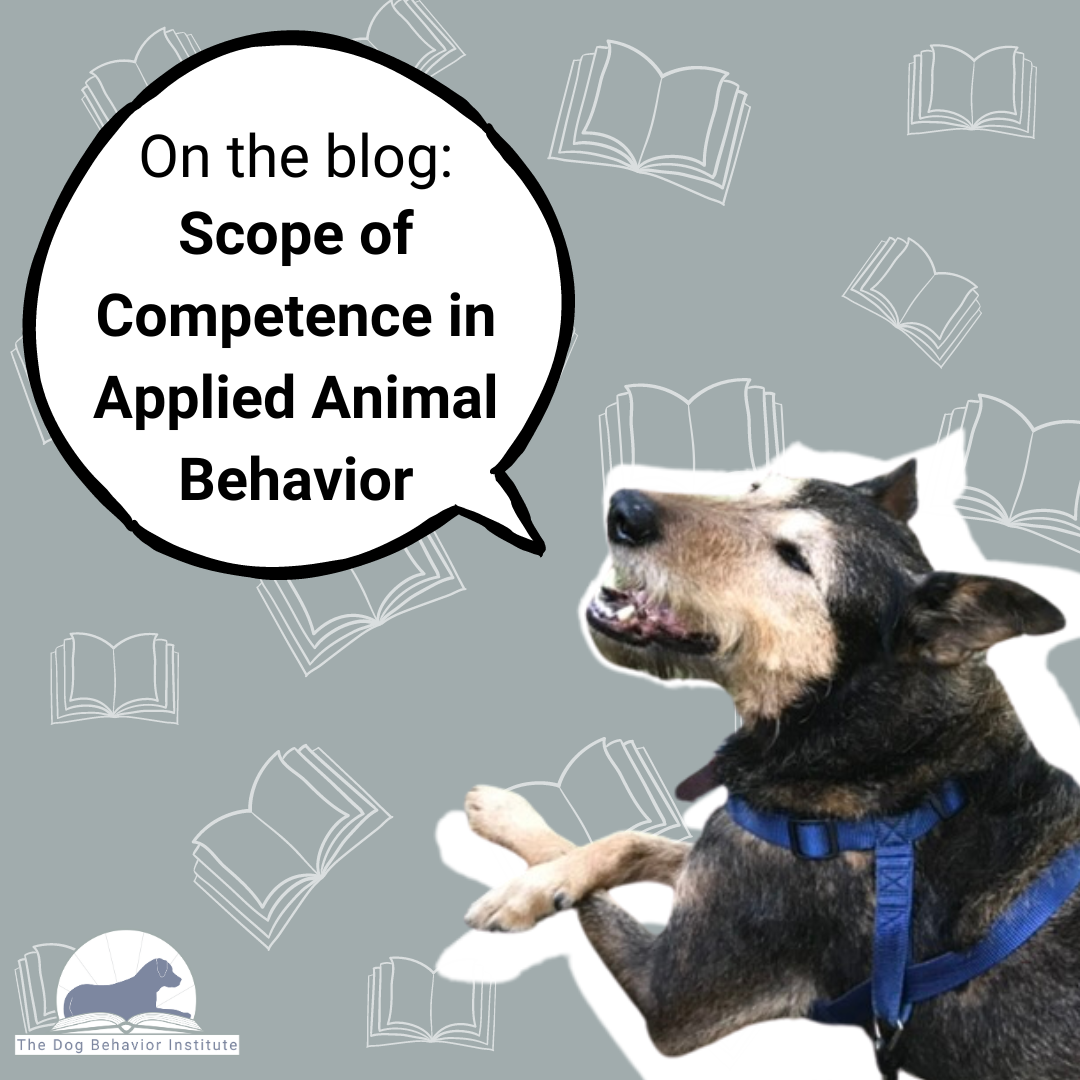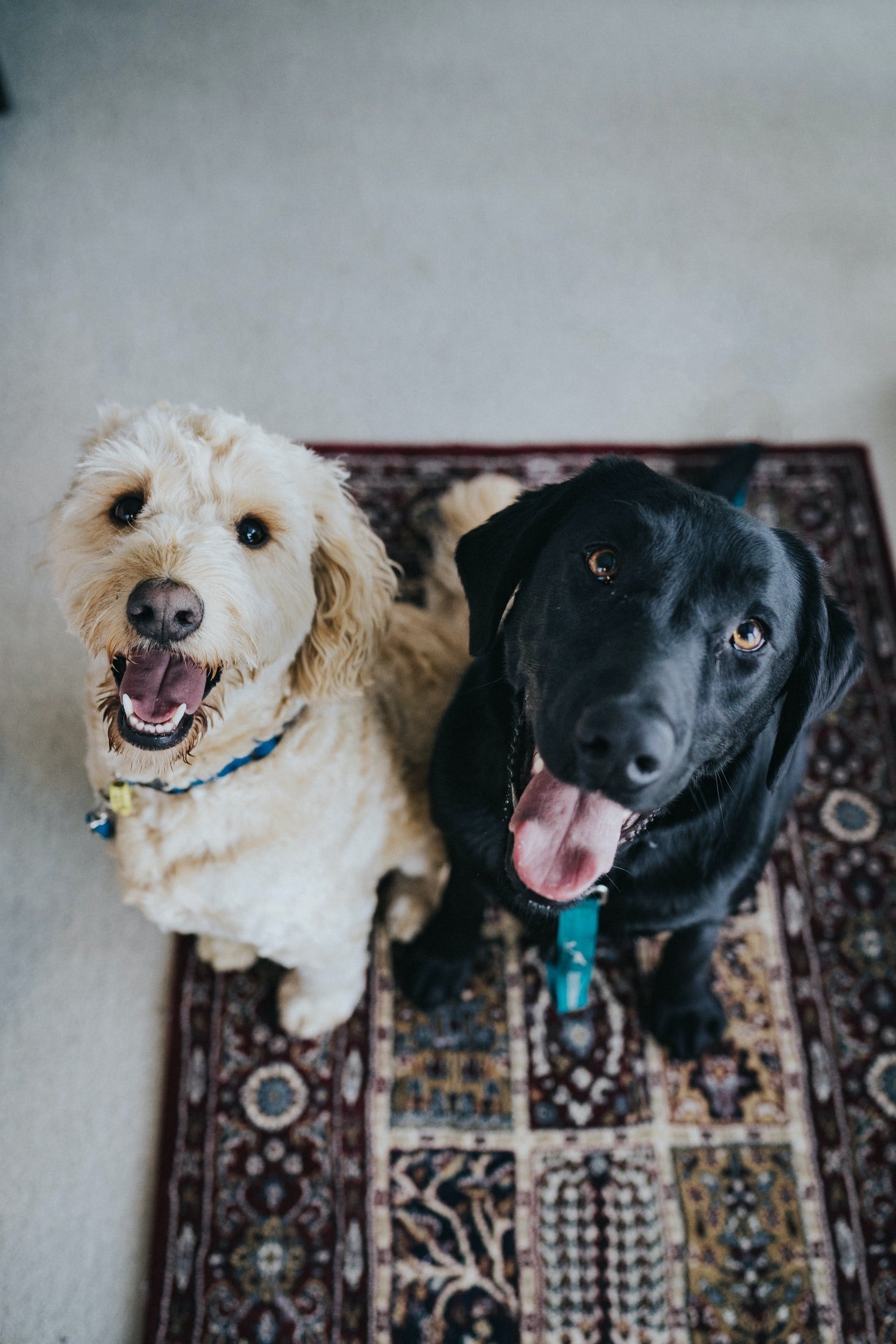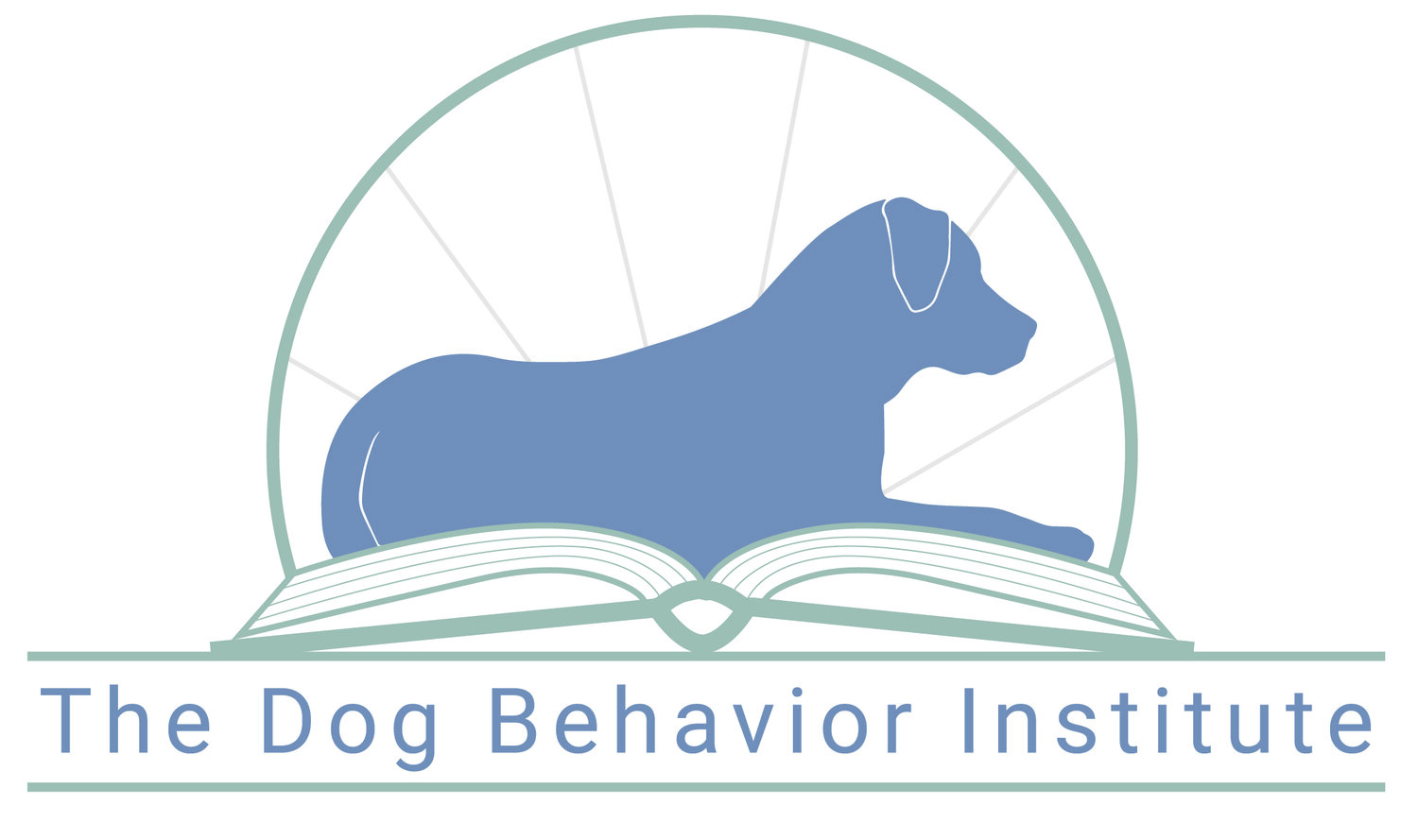The Dog Behavior Institute Blog
Posts by Category
- ABA & Dog Training
- Body language
- Book review
- Canine Healthcare
- Cooperative Care
- DBI Services
- Dog About Town
- Dog rescue org
- Dog sports
- Dogs & Travel
- Enrichment
- Errorless teaching
- Ethology
- Herding
- Husbandry & Cooperative Care
- Interview
- Motivation
- Product review
- Products
- Puppies
- Service dogs
- Training exercises
- Training philosophy
- Wolves
- accessibility
- breeders
- herding
- product review
- puppies
- training reflections

The Dreaded Tick Check - Part II (or… grooming?)
Using a constructional approach allowed me to identify where the behavior was already occurring, and to transfer stimulus control to new contexts. AND that when I did that, I got a lot more than I had planned for, in a good way. I taught a tick check procedure and a new grooming one was developed. In addition to this lovely new grooming routine, I have expanded my training repertoire beyond the use of some of my go-to strategies in a way that I think has substantially increased the joy in our training interactions (and peace - I mean did you watch those grooming videos?!).

The Dreaded Tick Check
If you are someone who lives in an area where there are ticks at certain (read: all but frozen) times of the year, you know the importance of checking your dog for ticks after coming in from time spent outside. Tick-borne illnesses can be devastating for humans and dogs alike, so this is really a critical part of the care and wellbeing of your dog. And, if you’re a dog-loving human and you’re really into dog training, you probably already have lots of things both fun and important to work on with your dog. Tick checking may be something that you fumble your way through - I know I did. At least until Kerby.

Scope of Competence in Applied Animal Behavior
Even more often, the question of how to become a dog trainer comes to us from people who are currently BCBAs who work with people and want to switch over to working with animals. It can be confusing to figure out how to make a switch in populations; this is especially true in terms of dog training because the field of dog training is unregulated. That is, there is no designated path, degree, or certification that is required to become a behavior analyst who works with dogs. And this is where we start to see problems crop up.

Why Separation Anxiety is one of my favorite behavioral challenges to treat
I know it sounds weird: separation anxiety and “favorite” in the same sentence. But it’s true, separation-related problem behaviors are one of my favorite types of behavioral challenges to treat. It wasn’t always this way. Early on in my career (over 17 years ago, long before I encountered Behavior Analysis), I was flummoxed by separation anxiety (SA). With the understanding of behavior that I did have at that time, it seemed reasonable that a “cry it out” approach (i.e., operant extinction) would work. I recommended the use of crates, baby gates, or pens - as many trainers did and still do - and I had very limited success. Eventually this became a behavioral challenge that I avoided as a trainer. So what changed?

Why we don’t do “one size fits all” training
We decided to take some time here to clarify: what makes poor training advice? In our opinion this comes down to two main things that I’ll outline in more depth below: 1) broad advice applied to any dogs or all dogs of a specific type, and 2) recommendations for the use of aversive procedures.

ABA & Dog Training
When it comes to behavior change and our dogs, we humans are in a position of power. We control almost every aspect of our dogs’ lives, including when they eat, when they go outside and come in, who they get to interact with, and more. It is critical that we take responsibility for our role in our relationship with our dogs.

